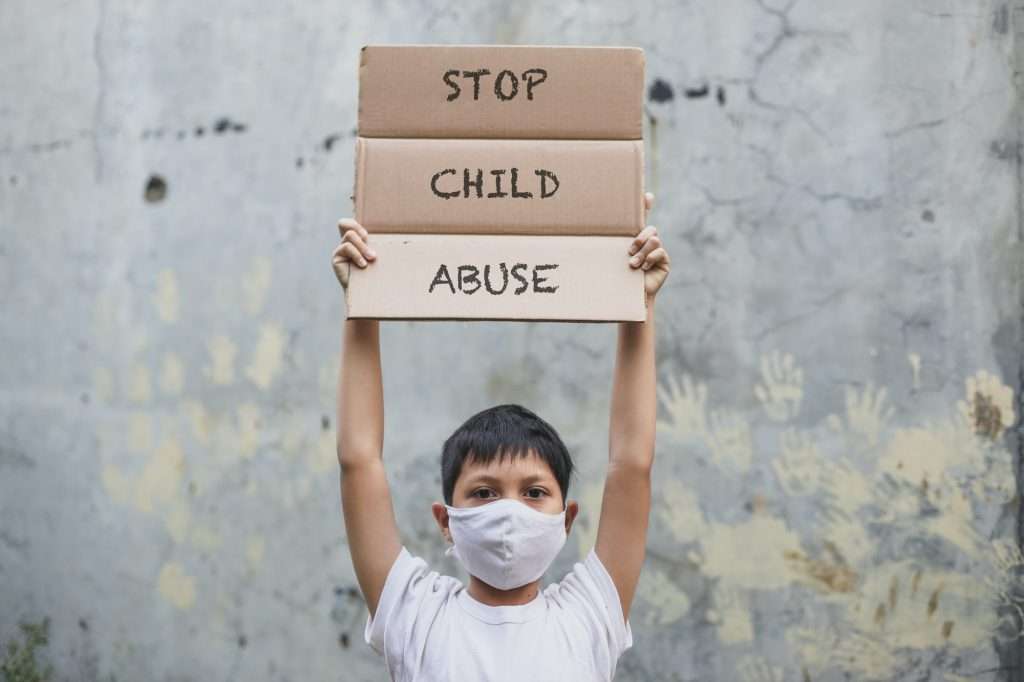Child Maltreatment
Influencing Policy & Legislation
- Inform legislative leaders about effective evidence-based programs to promote early recognition of child maltreatment and decrease overall death and injury rates.
- Collaborate with legislators to fund and establish programs or policies that increase children’s exposure to safe, stable nurturing relationships and environments.
- Strengthen existing laws to promote aggressive prosecution of child maltreatment offenses.
Changing Organizational Practices
- Work with schools of medicine, nursing, dental and allied health to require training on early recognition and response of child maltreatment.
- Work with local law enforcement agencies to identify targeted personnel with that agency and require of them training specific to the investigation and discovery of suspected child maltreatment cases.
- Hospitals and pediatric clinics should implement programs to reduce and prevent Abusive Head Trauma, which is caused by violently shaking an infant or young child. These programs should include education as well as instruction in coping strategies.

Fostering Coalitions & Networks
- Participate in the local Child Death Review Team.
- Involve parents, civic organizations, schools, healthcare organizations to promote safe, stable nurturing relationships and environments.
- Work with childcare centers to implement respite and crisis care programs, which offer short-term child care to help parents and other caregivers in stressful situations.
Educating Providers
- Educate physicians, nurses, dentists, child support service providers (e.g., social workers, etc.) and all other healthcare workers on early recognition and response of child maltreatment.
- Educate law enforcement personnel on early recognition and investigative response of child maltreatment.
- Facilitate educational opportunities regarding child maltreatment.
Promoting Community Education
- Prepare newspaper and newsletter articles, editorials, and other print informational materials that promote local parent education and support groups.
- Promote information and resources about child maltreatment and healthy parenting through social media such as Twitter, Facebook, etc.
- Participate in local Child Abuse Awareness Month activities.
